NEW YORK—On February 4, 2024, the Armenian Revolutionary Federation (ARF) Central Committee’s Public Relations Committee organized an “Artsakh Update” roundtable featuring distinguished guests Artak Beglaryan and Gegham Stepanyan. The meeting was graciously hosted by His Eminence Archbishop Anoushavan Tanielian of the Armenian Prelacy of the Eastern USA, marking a significant gathering of community leaders and organizations at a time of critical importance for Artsakh.
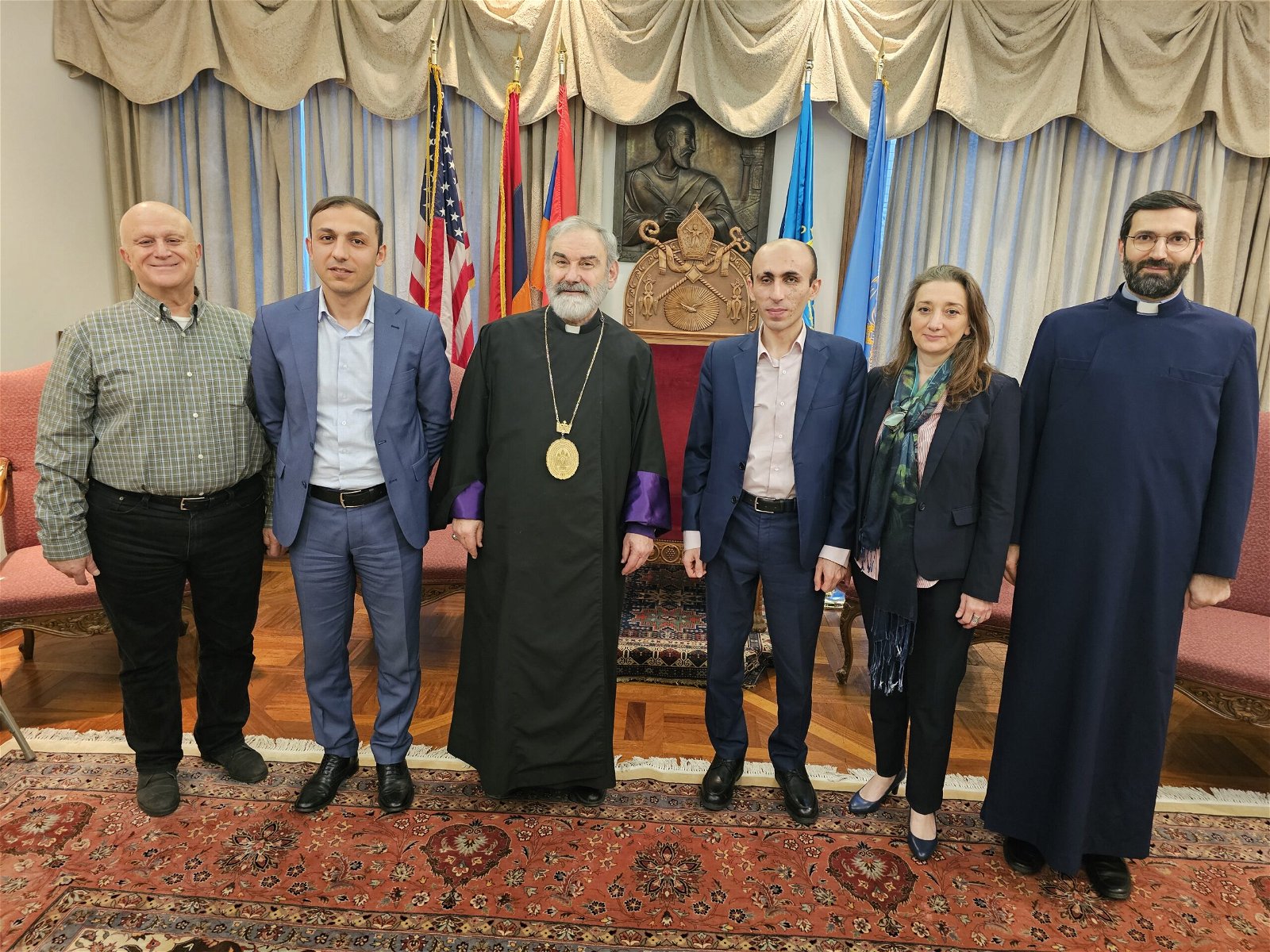
Ani Tchaghlasian, ARF Central Committee (CC) Chair, opened the roundtable by welcoming the leaders of various Armenian community organizations, including the Armenian Relief Society (ARS), Armenian Youth Federation (AYF), Homenetmen, Hamazkayin, Armenian General Benevolent Union (AGBU), Armenian Bar Association and the Armenian Missionary Association of America (AMAA). Razmig Boyadjian of the ARF CC’s Public Relations Committee introduced Beglaryan and Stepanyan, highlighting their roles and dedication to the human rights and welfare of the people of Artsakh.
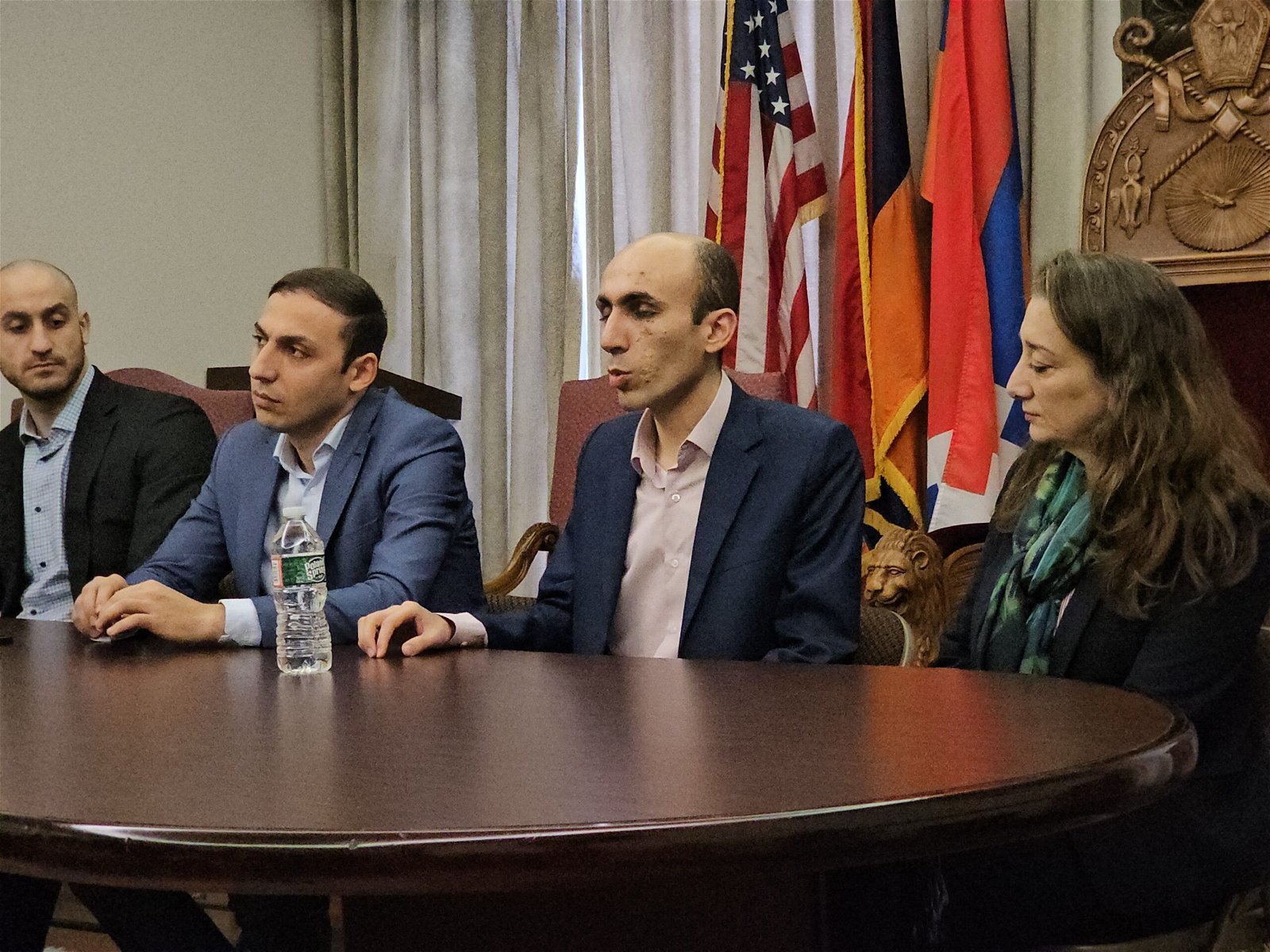
Beglaryan served as the State Minister of the Artsakh Republic until early September 2023. Before that, he served as the Human Rights Ombudsman of Artsakh from October 2018 to December 2020. Beglaryan brought a wealth of experience and insights to the discussion. His extensive educational background, including a Ph.D. in political science and various international research and training programs, has equipped him with a deep understanding of Artsakh’s geopolitical and human rights issues.
Stepanyan was elected as the Human Rights Ombudsman of the Artsakh Republic in March 2021 and continues to serve in that role. Stepanyan also shared his perspective during the roundtable, based on his broad foundation in international relations and political science. His experience in the Artsakh National Assembly and his academic contributions have made him a key figure in the ongoing struggle for Artsakh’s rights and recognition.
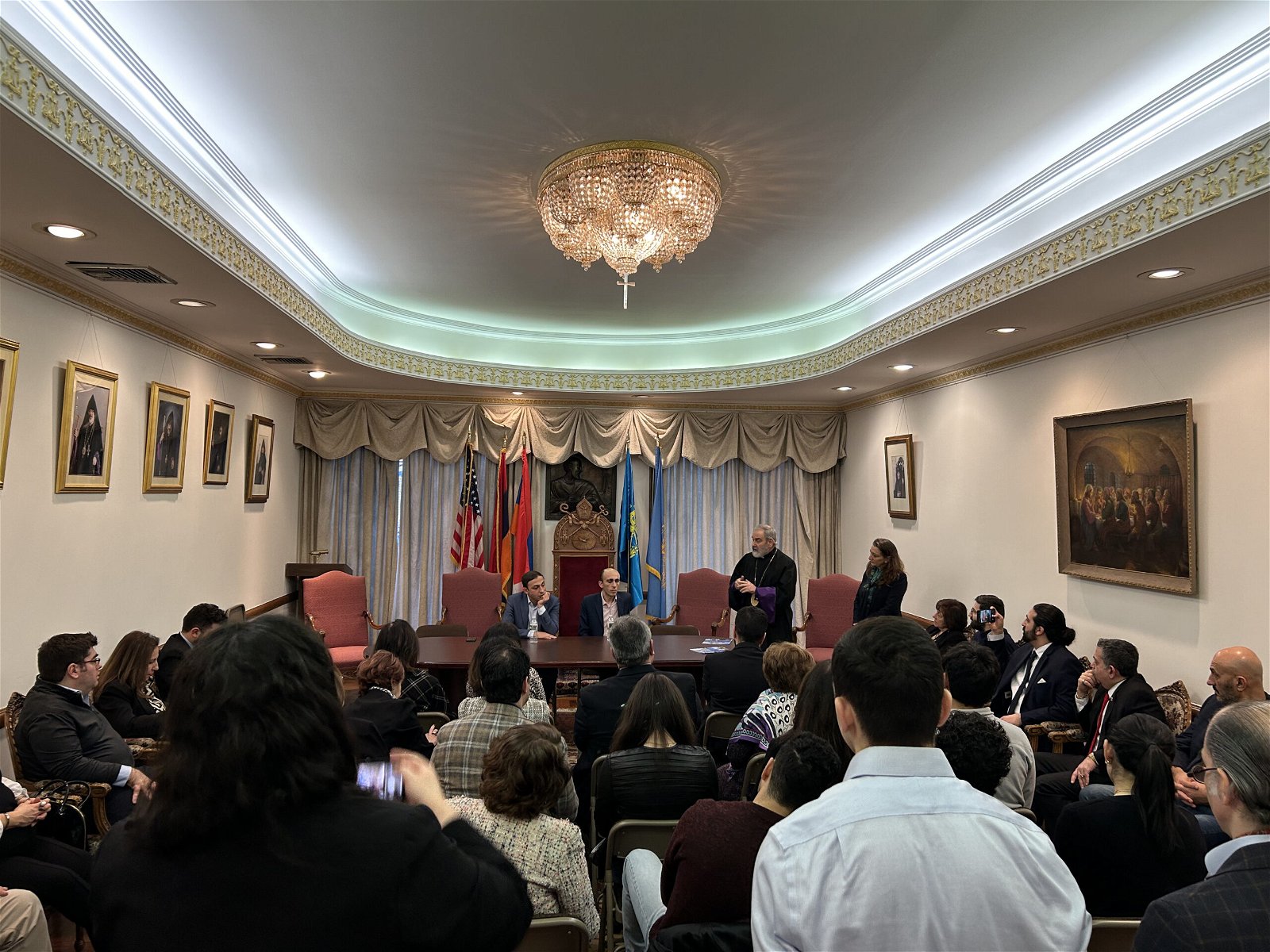
In his opening remarks, Boyadjian eloquently stated, “Artsakh is the pride and dignity of the Armenian people. The fight for Artsakh and our nation’s survival will continue until achieved.” He underscored the critical role of the Diaspora in supporting Artsakh, especially in these challenging times.
Beglaryan and Stepanyan emphasized that Artsakh is not lost – if collective support and determination persist. They highlighted the dire needs of the people of Artsakh, particularly regarding the right of return, housing, employment and the lack of adequate support from the current Armenian regime. To this end, Beglaryan and Stepanyan have engaged in advocacy work with an international dimension. Before visiting New York, they spent a week in Washington, D.C. in meetings with members of Congress and government officials organized by the Armenian National Committee of America (ANCA).
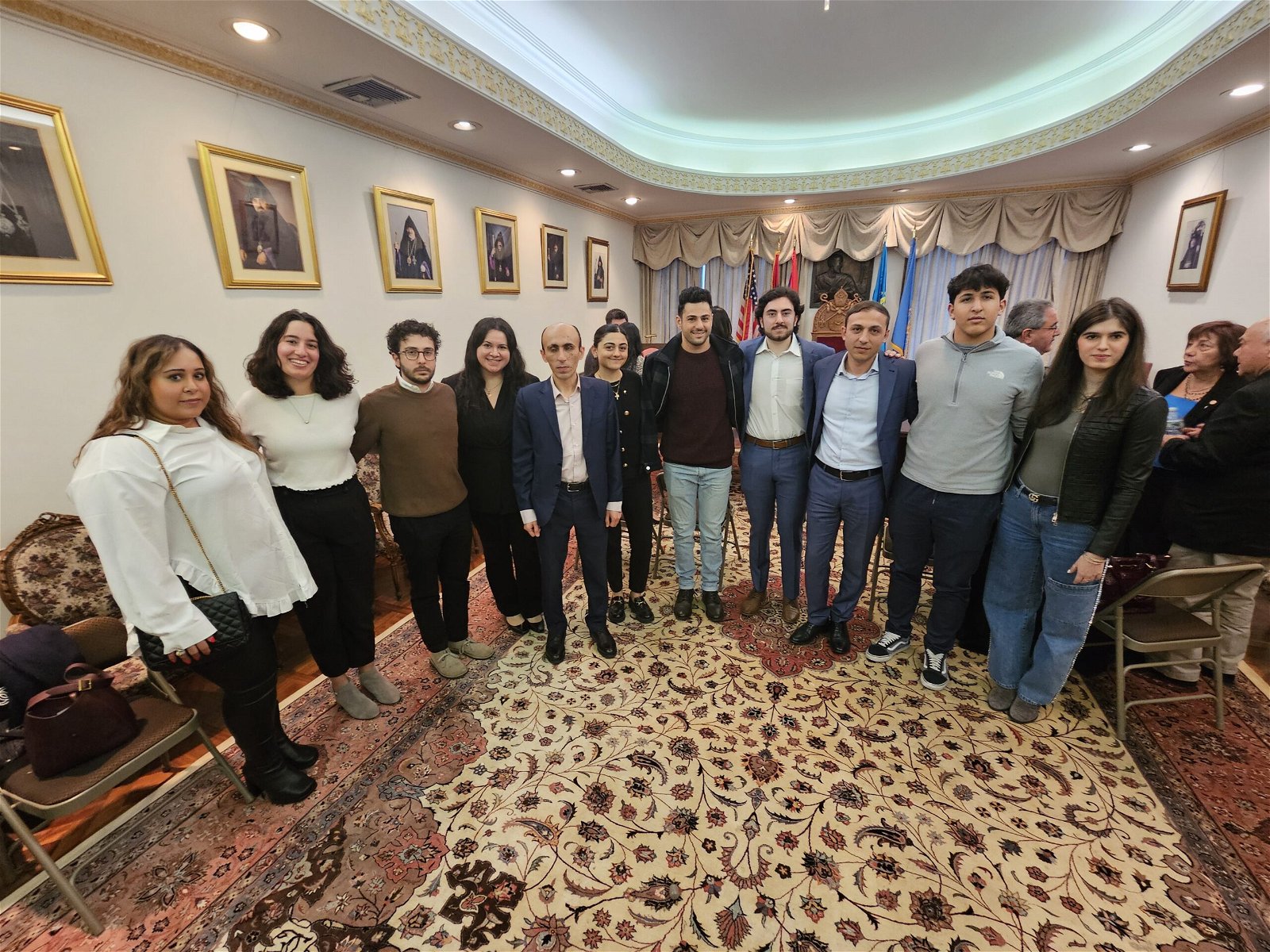
His Eminence Archbishop Tanielian’s closing remarks focused on the collective struggle for Artsakh, affirming its central place in Armenian identity. He called for increased political, financial and moral support for the people of Artsakh during these dark times. The event concluded with blessings from Archbishop Tanielian and the clergy, followed by further discussions among the community leaders and guest speakers.
The “Artsakh Update” roundtable served as a powerful reminder of the resilience of the Armenian spirit and the critical role of the global Armenian Diaspora in supporting Artsakh. Through informed dialogue, shared commitment and strategic action, the event demonstrated the importance of unity in the face of adversity and the ongoing struggle for the rights and recognition of the people of Artsakh.
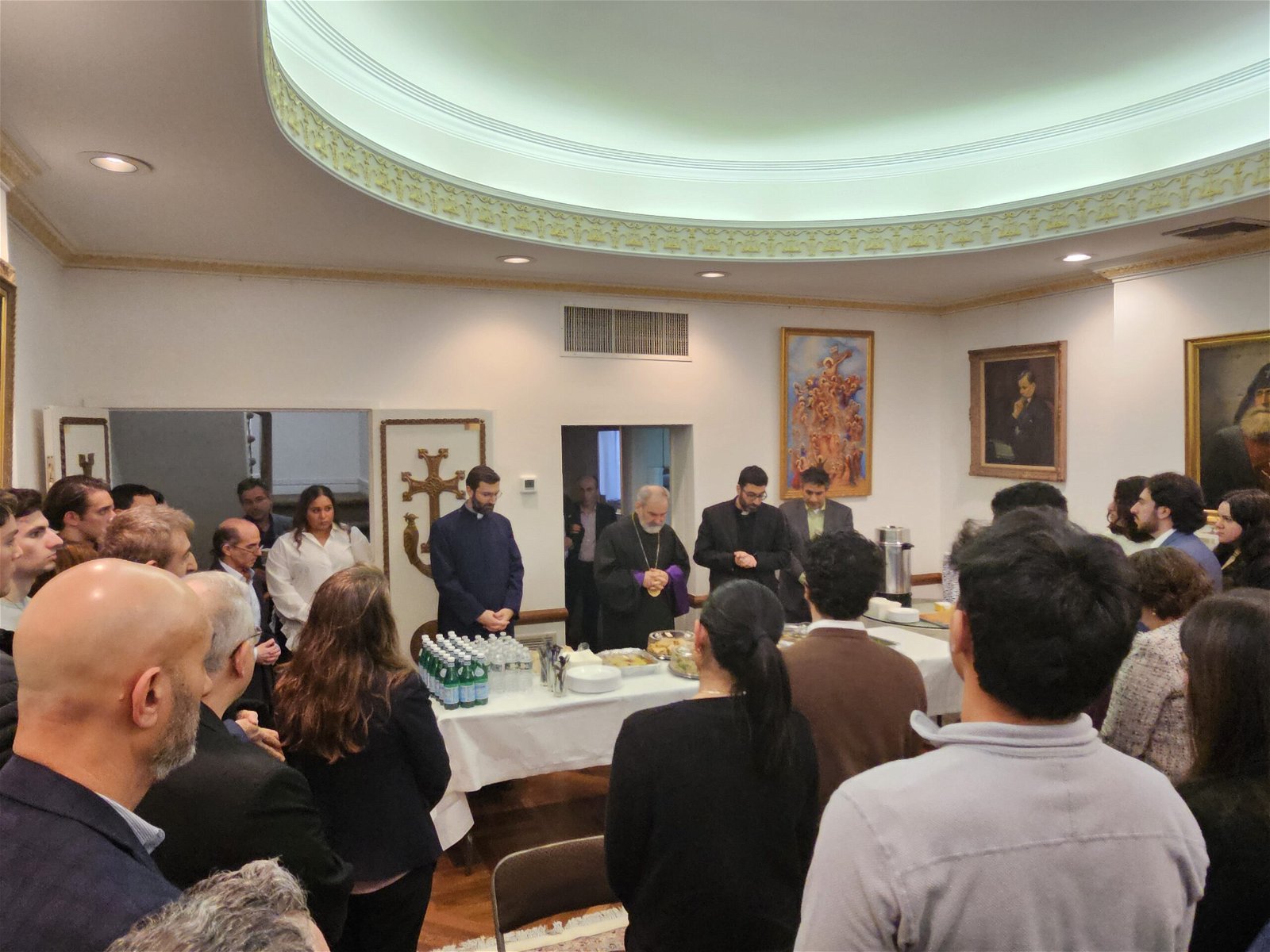
On September 19, 2023, the Armenians of Artsakh were subjected to genocide through ethnic cleansing. This egregious act of violence was compounded by a preceding 10-month blockade imposed by the Azerbaijani government, effectively isolating the population and severing essential lifelines for food, medicine and energy. This dire humanitarian crisis unfolded under the indifferent gaze of the international community, which largely remained passive, betraying the fundamental principles of human rights and dignity. The silence and inaction of global powers in the face of such blatant aggression not only underscore the vulnerabilities of international diplomatic mechanisms but also serve as a grim reminder of the challenges Armenian communities face in preserving their existence and autonomy against overwhelming odds.


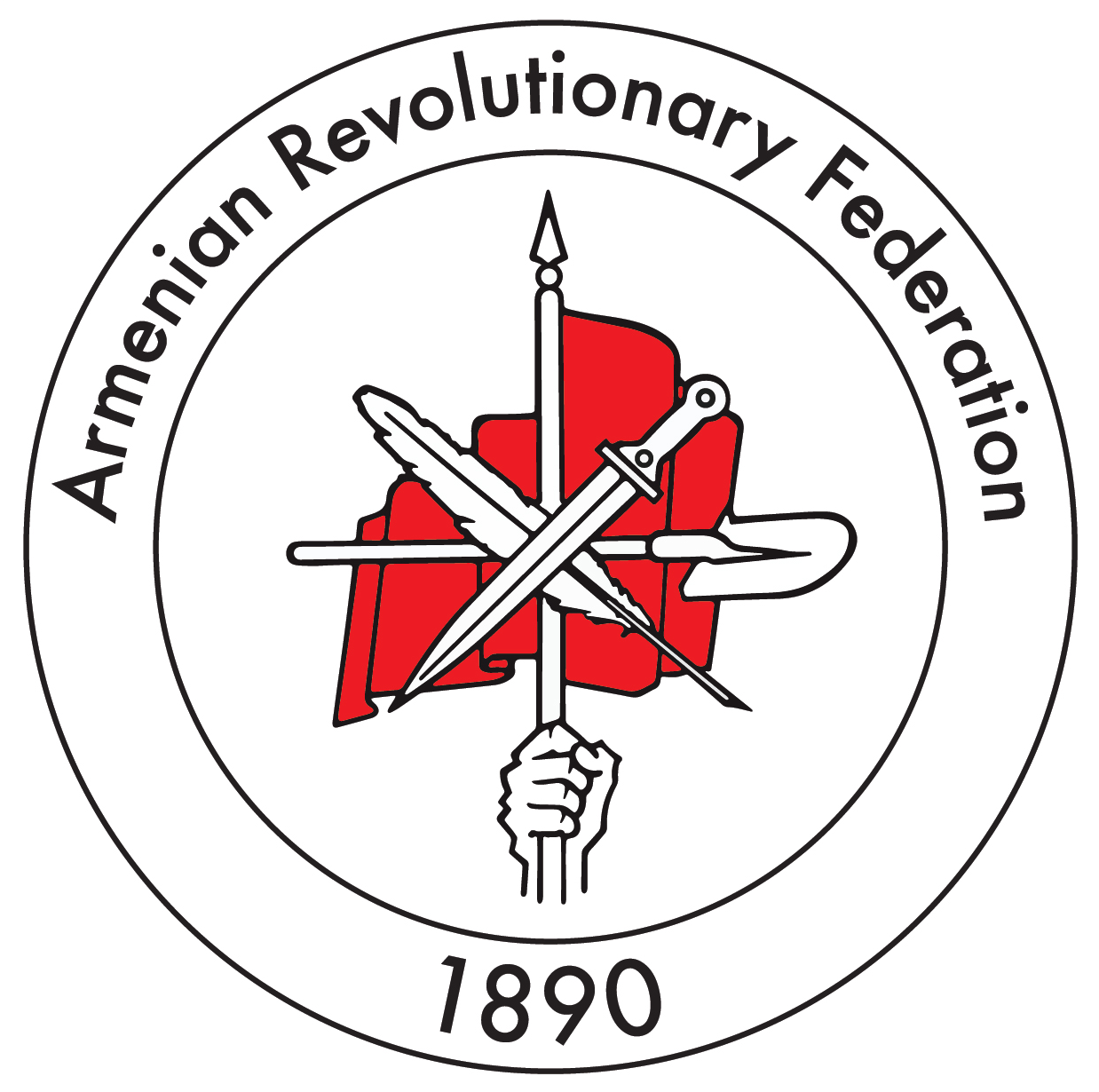
Be the first to comment